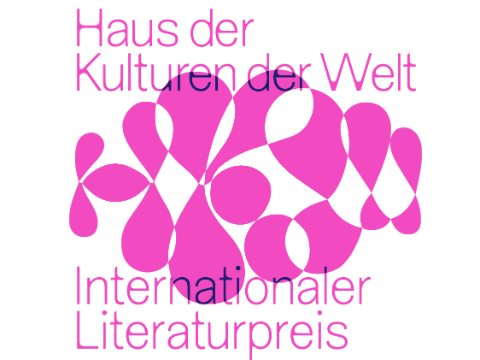
Zum sechzehnten Mal verleihen das Haus der Kulturen der Welt und die Stiftung Elementarteilchen 2024 den Internationalen Literaturpreis. Dotiert mit 35.000 Euro – 20.000 Euro für Autor*in, 15.000 Euro für Übersetzer*in – zeichnet er ein herausragendes Werk der internationalen Gegenwartsliteratur in deutscher Erstübersetzung aus. Er würdigt in dieser Allianz sowohl Originalwerk als auch Übersetzung. Der doppelte Fokus macht ihn in der deutschen Preislandschaft einzigartig. Aufbauend auf dem Erbe des Preises, das Verständnis für heterogene Formen des Geschichtenerzählens zu erweitern, können seit 2023 auch deutsche Erstübersetzungen internationaler Lyrik eingereicht werden.